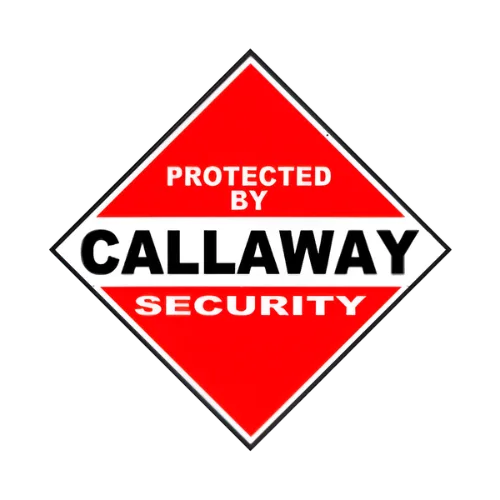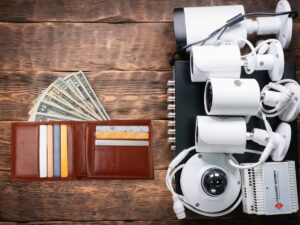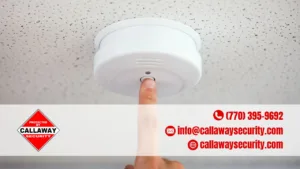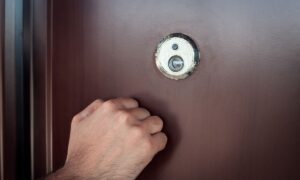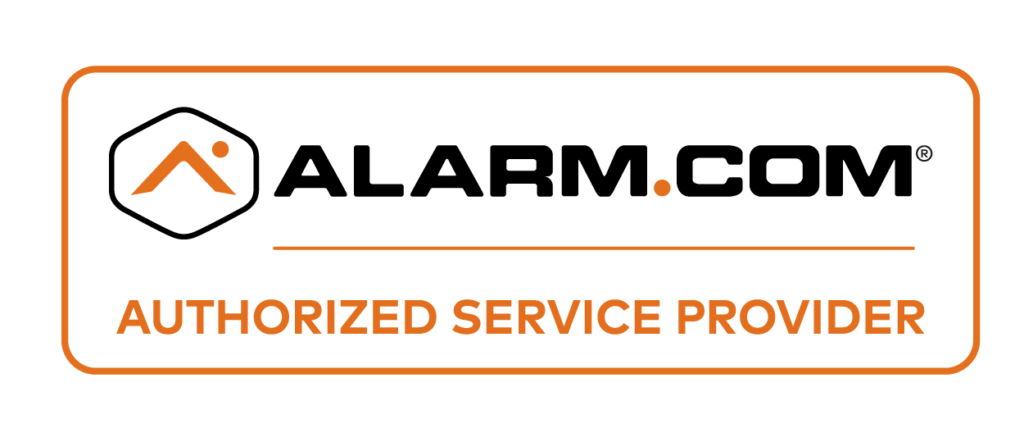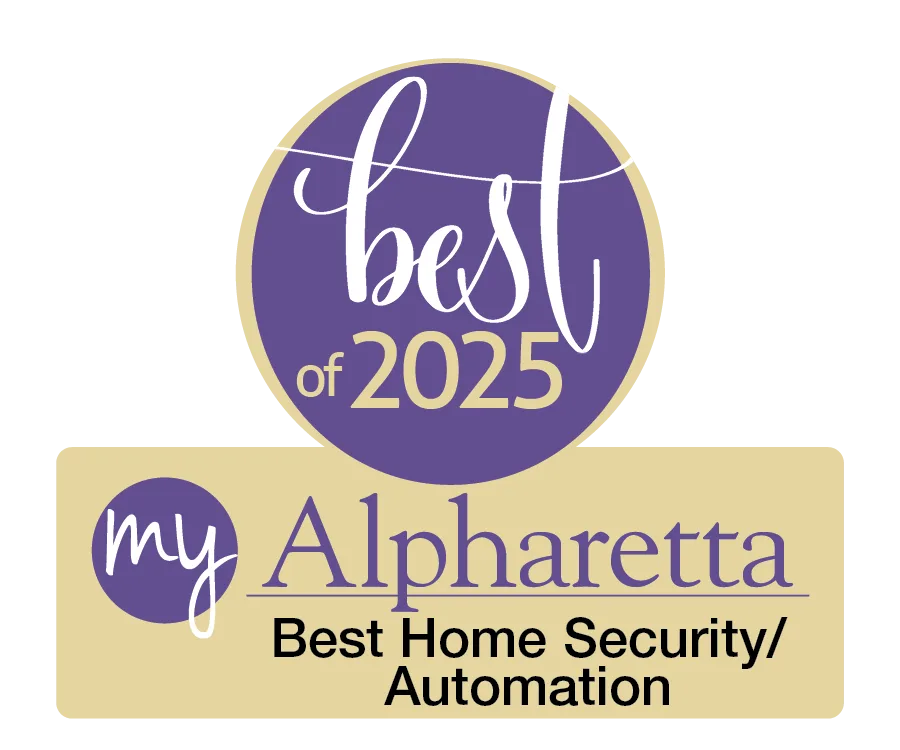
Major security breaches often occur over the Internet. As hackers learn to break into corporate – and even government – networks, it can seem like the Internet is the only source of identity theft. However, according to a recent article put out by the Identity Theft Resource Center, old-fashioned burglaries are still common, and these thieves now want more than your television or jewelry. They want your identity.
In today’s world, passwords, billing statements, credit cards and identifications cards can be sold to professional burglars. These burglars often have connections with organized criminal enterprises who know how to use the information to make incredible amounts of money. A home security system is the best way to deter criminals from breaking into your home, but if they do get inside, your personal information will need to be secure.
A Safe: A common misconception home owners have is that if they own a safe, they are protected. Some safes might protect against fire or water and not burglary. Also, some safes are light enough to be carried away. To protect your valuables and sensitive documents and data from would be thieves, you will need to choose a safe that is very difficult to break into. You also need to opt for the safe that can be bolted to the floor. A thief can violate a safe in two ways: by carrying it out the door or by breaking into it. Make sure you choose a safe that resists both.
A Shredder: Leaving sensitive information about yourself in the trash can open the door for someone who is on the lookout for such items. A simple way to protect yourself against identity theft is to shred all financial statements, paystubs and sensitive documents that you no longer use for tax purposes.
The Trio of Computer Protection: Many of us store information in our laptops and computers, and theft or hacking of these items can have drastic consequences. The Identity Theft Resource Center suggests that you equip your computer with a BIOS password. BIOS stands for Basic Input Output System. This password will prohibit a burglar from booting your computer. However, a computer savvy burglar can remove your hard drive and read the information using another device. To protect against this type of information theft, you can encrypt your files. If a burglar wants to physically remove your laptop, you can deter him with an anti-theft PCMCIA card that sounds an alarm and shuts down the computer when removed from a certain perimeter.
These are some common sense steps you can take to help prevent yourself from being a victim of identity theft. As stated earlier, protecting your home with a sound and reliable home security system is a reliable and effective way to keep your private information safe. Call on Callaway Home Security today at 770-395-9692 for a free estimate on a system that works best for you.

